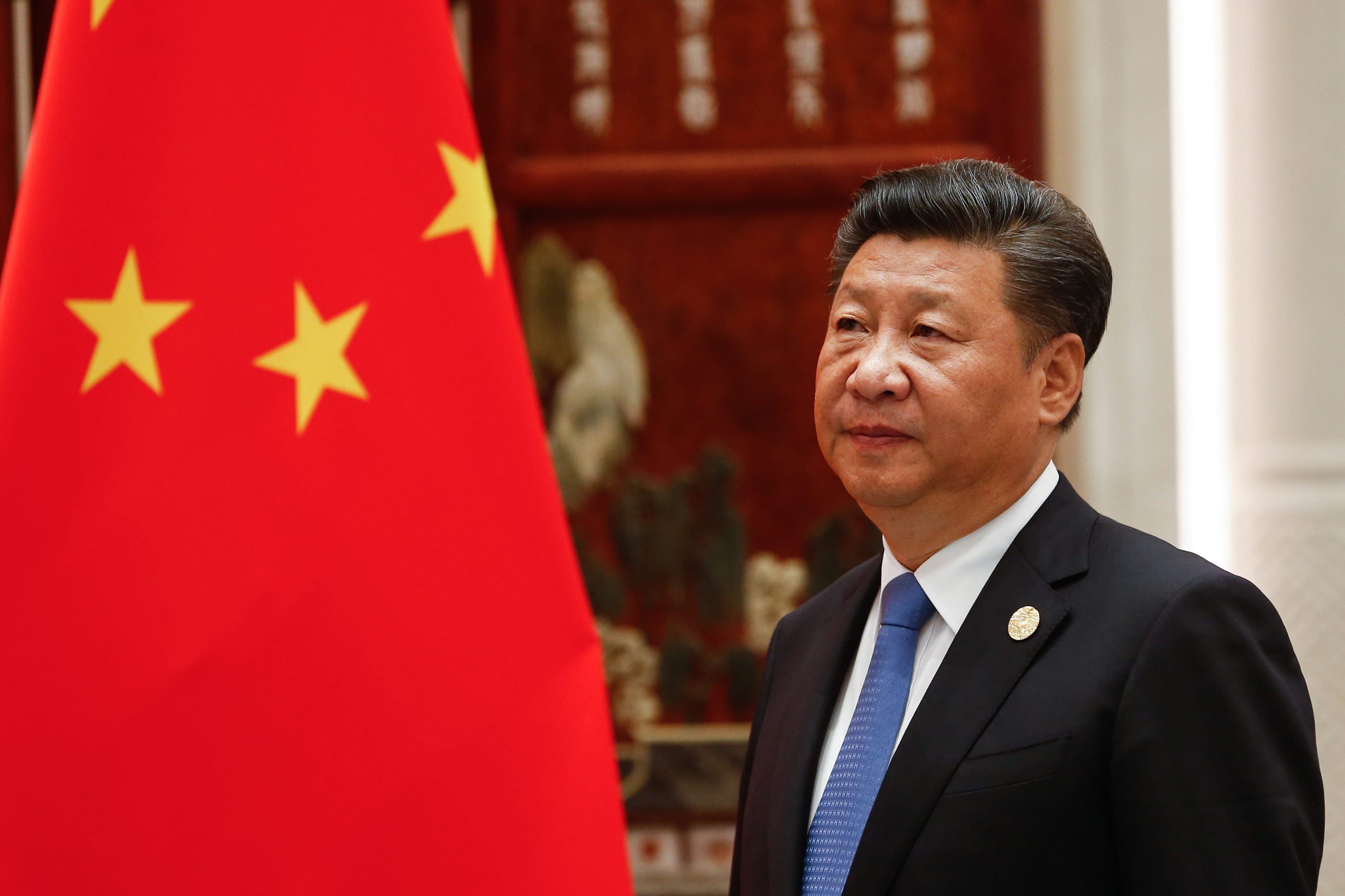Over the past decade, the importance of the Middle East to the US has declined, and the latter has shifted its focus to China, increasingly viewing it as a rising threat. The Biden Administration has proceeded to implement an objective endorsed by previous Republican and Democrat administrations, which is to decrease US involvement in the Middle East, through reducing the number of US troops deployed there, as well as converting the role of troops who remain in some places, such as Iraq, to consulting and advisory roles.
Some analysts are arguing it is likely China will take an increasing interest in the Middle East, although it lies outside of its immediate sphere of influence in the Pacific and the Indian ocean, due to its energy resources and geostrategic location. This seems to be endorsed by multiple recent visits by high-ranking Chinese officials to the region, suggesting that China has a strategic vision which involves expanding its influence in the Middle East, not just economically, but also politically. But the question remains whether Beijing actually the political will has to fill the vacuum left by US disengagement from the region.
Underpinnings of China’s Middle East policies
Although China has not openly articulated a position regarding its vision towards the Middle East, it can be argued that its stance towards the region has had the following characteristics:
1- The “cautious dragon”: China avoids openly taking sides in any of the multiple conflicts and crises ongoing in the region. While China traditionally has supported the Palestinian cause, it also has strong technological and economic relations with Israel. Chinese support and aid for the Syrian regime and Iran, which have not wavered throughout the Syria crisis, have not affected these strong Israeli Chinese relations. With its cautious approach of China has succeeded in maintaining good relations with all countries in the region, even those that have tense bilateral relations.
2- Prioritizing economic relations: Chinese economic interests are its primary concern in the Middle East, as it relies to a large degree on the region’s energy resources. Between 1990 and 2009, Chinese imports of oil from the Middle East increased tenfold. In the period between 2019 and 2020, Gulf states provided almost 40% of all Chinese oil imports, and therefore China views the energy resources in the region as crucial to its economic growth, and its global standing.
With the launching of the Chinese Belt and Road initiative, Beijing has become the biggest investor in the Middle East and, the largest trading partner to 11 countries in this region. China is seeking to coordinate Belt and Road projects with the reform and development initiatives undertaken by the countries of the region to further strengthen these ties, taking advantage of investment opportunities and reconstruction efforts, as well as creating new markets for its products.
China signed a 25-year comprehensive strategic agreement with Iran in March 2021, encompassing economic and security cooperation. The agreement promised investments worth over 400 billion US dollars in return for continued oil supplies. This US regards this agreement as a means of overriding US sanctions on Iran.
3- A policy of non-Interference: China declares it does not interfere in the domestic affairs of regional countries and does not take a public stand on issues of regional contention. Non-interference has long been a pillar of Chinese foreign policy, and therefore it can be said that it adopts the formula of “open alliances” in its relations with Middle East countries.
4- Rejecting any criticism of Chinese domestic policies: Beijing seeks to avoid any criticism from countries in the region regarding its domestic policies, particularly its policy regarding the Muslim Uighur ethnicity in Northwest China. China wishes to garner the support of regional countries to its stances in international arenas, as it seeks to expand its influence on the global level.
No plans to replace the US
Despite its ever-growing role in the Middle East, there are no indications China seeks to play the role the US previously played in the region. There are many reasons for China to take this stance, including:
1- Heeding lessons of US involvement: The Chinese political elite has concluded that US military interventions in the Middle East, especially the Afghan and Iraqi wars, depleted US strength (Militarily, Economically, and Morally) and put the US on a trajectory to relative decline. They fear that were Beijing to adopt a similar policy in the region, this would undermine the successes, both political and economic, that China has achieved over the last several decades.
2- Preserving friendly image: There are fears in China that to play a security role in the Middle East would jeopardize China’s close relations with various parties to the ongoing conflicts. In view of its wide-ranging interests in the region, Beijing prefers to maintain its friendly ties with all parties.
3- Profiting from the status quo: China has had no wish to challenge security arrangements in the Middle East, underpinned by the US, because it benefitted from them. It was able to pursue its economic interests in the region without carrying costs of providing security. It remains to be seen now whether US withdrawal will put pressure on China to play a bigger role in providing security.
4- Escalating competition with US elsewhere: As the US escalates its efforts to confront China in the Asia-Pacific region, as well as escalating the trade war against it, China is fully occupied in diplomatic and military efforts to undermine US presence and influence in Asia and protect what it views as a sphere of influence vital to maintaining Chinese security.
In sum, it can be argued that China’s growing presence in the Middle East does represent a threat to US interests in the region, because a growing Chinese engagement reduces the burden on the US, as it will seek to “share” the burden of maintaining regional security with other powers in the region. Moreover, China has no wish to fill the vacuum left by the US withdrawal, or even attempt to challenge US power in the region. China’s involvement in the region is motivated primarily by its own economic needs, its reliance on oil imports from the region, as well as its wish to subdue any criticism regarding domestic policies towards the Muslim Uighur minority.


